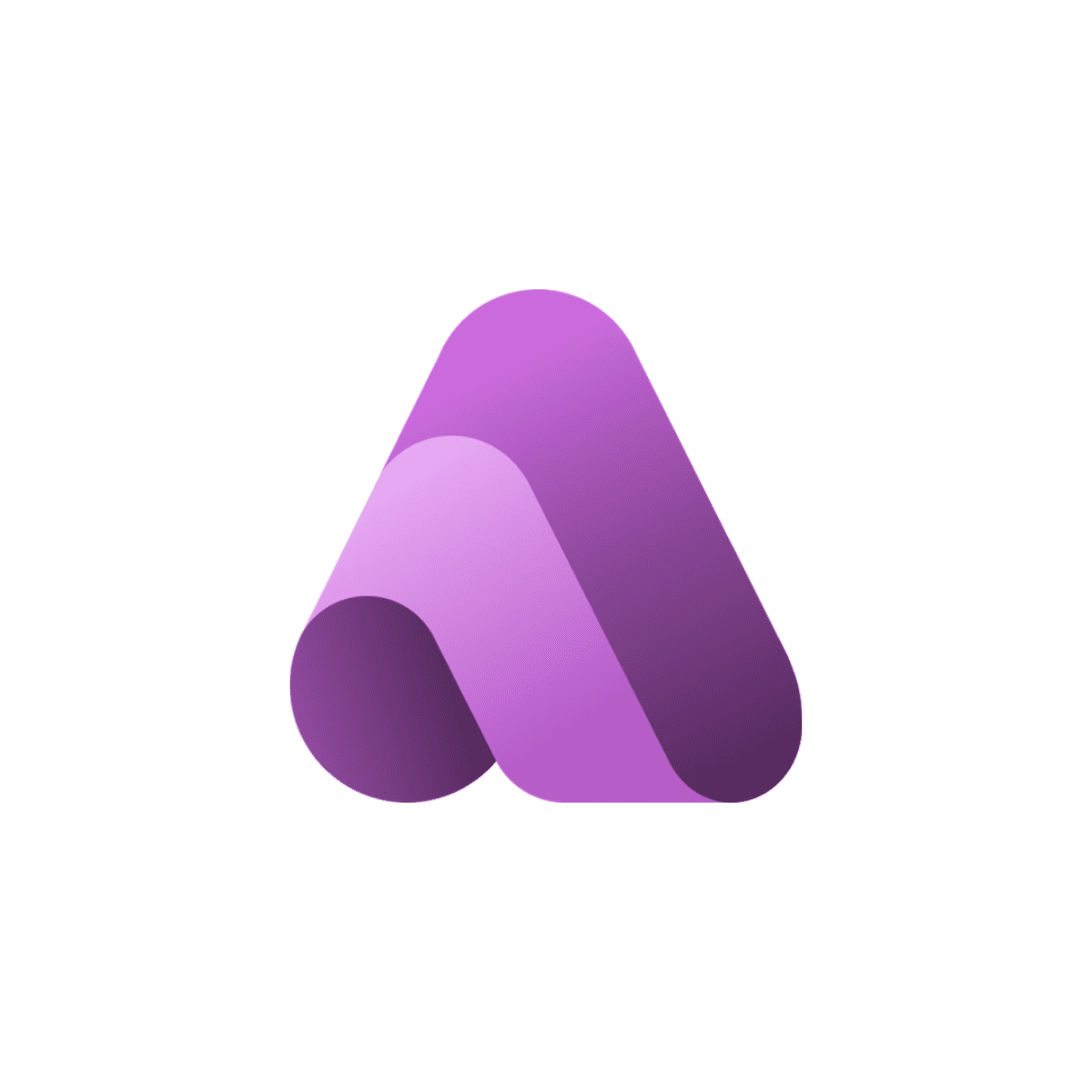
Industry Insights
Data in Life and In Business: How I Use Data As A New Dad

Kelvin Hong
Creative visionary enabling business digital innovation, competitive advantage and adhering best practices in Azure. Striving for operational efficiency and continuous improvement to amplify output by employing wide technologies and modern analytics. Ambition to persistently innovate, improve and most importantly a sharing culture to empower individuals to overcome technical obstacles.
November 1st, 2021
Earlier this year, my life changed forever when my wife and I welcomed our first baby into the world.
Now he’s just turned 5 months old and it’s certainly been a rollercoaster of late nights, early morning feedings, and constant stressing about whether we were doing everything right.
But one thing has provided a lot of comfort amidst all the chaos…and that’s data.
As a Principal Consultant for tech and data solutions at Antares, data is something I’ve always been passionate about. As a teenager, I played laser tag competitively and would track all my results in a spreadsheet to determine if I performed better individually free-for-all in a small or large group, or team deathmatch in a small or large group. After the data showed that I achieved my best results playing in a small team, I knew how to leverage my strengths – and ultimately ranked in the top 10 players in my town.
While caring for a newborn isn’t exactly a competitive sport, it’s the insight I gain from data that I believe helps me be a better dad and puts both parents on the same page.
The beauty of baby tracker apps
With millions of downloads across the wide range of baby tracker apps on the market, it’s clear that many parents see the value data can provide as a way of monitoring how their little one is doing.
We use the baby tracker app to record nappy changes, feeding times and amounts (breast, expressed, and formula), and when and for how long he sleeps. This means if I feed him and record it in the app, my wife can quickly see how much he drank and know why he might drink more or less at the next feed.
In reviewing the data for patterns, we now know that he eats more when he doesn’t get enough sleep and vice versa. It also helps us keep track of his naps during the day, so we know whether we can expect him to sleep through the night.
Another benefit for me is being able to look back and see his progression over time. This is something I can forever enjoy, remembering what life was like at this moment in time.
What if we could leverage this data for the benefit of everyone?
There are now apps for just about everything in life – health and fitness, productivity and habits, and even self-monitoring medical conditions with the support of home healthcare services.
Individually, this data gives us insight into our lives. But what if this data was collated and shared to provide even more insight into how we’re doing across broader communities?
For example, if the data from pregnancy or baby tracker apps were collated and shared, imagine how it could help expecting and new parents who would otherwise have no idea about what’s “normal”.
When we have more information at our fingertips, we can learn and grow. On our own we may feel completely lost, but knowing what others are going through often provides genuine comfort.
My baby boy was welcomed into this world 3 weeks earlier than forecasted/anticipated. Statistically this falls outside of the normal distribution (bell curve). As a new parent we went into panic mode, but everything went well and he is fine and healthy.
During the pregnancy there were numerous visits to the obstetrician, blood tests, external measurements, ultrasound scan measurements etc. I thought to myself surely a wealth of all this data could provide some great insights for expecting parents. Disappointingly, none of this information is collated, centralised, cleansed, modelled, and forecasted.
I see this dilemma no differently in business…
Data in life… and in business
When a business implements a broad strategy such as its health, what are the data points that are being captured beyond financial ones? Customer satisfaction, inventory/stock levels, delivery KPI, employee attrition etc. These all belong to a greater picture of a business health. Individual numbers are only so valuable in showing how the business is tracking towards its overarching objectives. Therefore, it’s essential to ensure any data strategy not only aims to capture data, but ultimately points to data quality. Capturing data is siloed nature but putting it together with many can provide a bigger picture view.
If we also apply the thinking of collating and sharing group data for the benefit of all, imagine if all businesses in an industry did this against a standard set of criteria. In addition to providing a whole new level of benchmarking, business leaders could use the information to determine gaps rather than competing against everything. This would also ensure customers had access to a greater breadth and depth of services across the board.
Data’s ultimate advantage is that it helps us see where we have been, how we are doing up until today, and now we need to rethink how data can unlock insights into the future. If we can use this advantage to improve our lives and businesses, and those of others, then it’s worth all the effort we put into it.
There is always a greater purpose for measuring and analysing data. My personal habit translates well in business and on a daily basis, but my overarching goal is to ensure both my son and clients are tracking well. It simply starts by questioning why and how.
To learn more about how Antares can help you leverage data for powerful business insights, please contact us.


